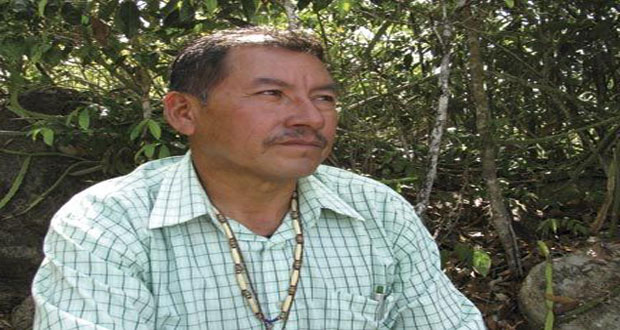- January 23, 2016
- Posted by: cdc
- Category: News

Hinterland communities in Regions One, Seven, Eight and Nine that are affected by the prolonged dry season, will be given support. Government is in the process of sourcing funding and equipment to assist those communities.
Last year, the hinterland regions, especially Region Nine started facing a drought, since they did not experience the usual May/ June rains. Lakes in Region Nine that have never been dried are now swamps.
Ministers of Government, along with other officials from other stakeholder agencies such as the Civil Defence Commission (CDC) have been visiting the affected communities, and meeting with the residents.
“At the moment there are plans to get funding and sourcing of equipment to help the communities which are affected. The rainy season that we are accustomed to never came. Normally in the May /June period the river banks are overflowing. This never happened,” Minister of Indigenous Peoples’ Affairs, Sydney Allicock told the Government Information Agency (GINA).
While there is a good flow of water in Regions One and Eight, there is the issue of mining that is contaminating the water in those areas. It must be noted that persons use the water from rivers and creeks for drinking purposes.
In the South Rupununi, Region Nine, the shallow wells are not very helpful, so deeper wells have to be dug and the appropriate equipment obtained to do so, Minister Allicock said.
Government is working on a long-term plan to sink deeper wells and there are plans afoot for short and medium term operations.
In collaboration with the Ministries of Agriculture, Public Health and Communities, other support will be given to communities. “It is serious, but we have plans to try to cope with the situation…we are trying to help them to understand that water is life, the drought is serious so we have to conserve, and if there is any rain we have to capture the rain water,” Minister Allicock explained.
He further noted that the Administration will have to look at long-term solutions with regards to addressing the issue of climate change, which does not only affect people, but the ecosystem as well.
In the interim, he said, local technical persons will be implementing a short and medium-term solution to address the water issue.
Source GINA
